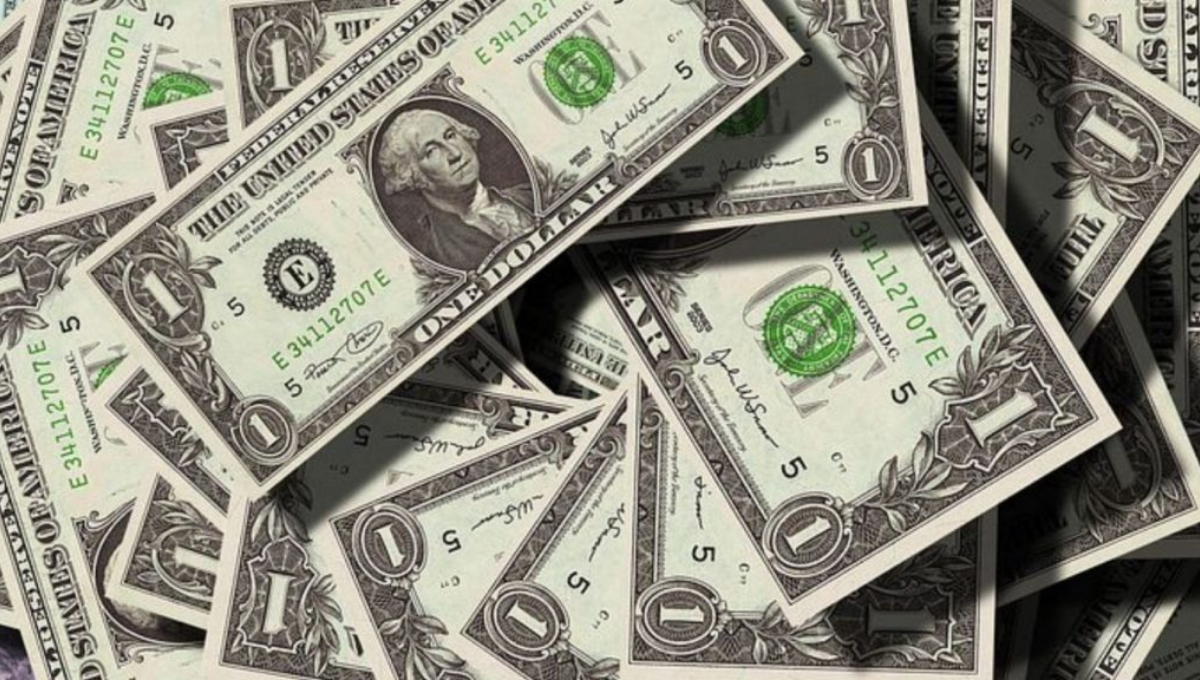The United States has emerged as one of the world’s largest refuges for so-called “dirty money” — funds derived from illicit activities such as corruption, drug trafficking, and kleptocracy. Over recent decades, a complex and largely opaque financial infrastructure within the U.S. has enabled the concealment, layering, and integration of illegal wealth into the mainstream economy, earning it a reputation as a global haven for dirty money. This development presents significant challenges for law enforcement, regulatory agencies, and policymakers both domestically and internationally.
What is Dirty Money and Money Laundering?
Dirty money refers to funds obtained from unlawful activities. Money laundering is the process by which criminals conceal the origins of this illicit cash, making it appear legitimate through a series of financial transactions and investments. The goal is to integrate these assets back into the financial system without arousing suspicion.
The laundering process typically involves three key stages:
- Placement: Introducing illegal funds into the financial system.
- Layering: Complex transactions to obscure the source.
- Integration: Re-introducing the funds to the economy as seemingly legitimate wealth.
This has historically been achieved through cash-intensive businesses like casinos and car washes but has evolved dramatically with modern financial tools.
How the U.S. Became a Haven for Dirty Money
A combination of regulatory, economic, and legal factors has turned the U.S. into a critical hub for dirty money:
- Favorable State Laws and Financial Privacy:
Certain U.S. states, notably South Dakota and Nevada, have enacted laws that provide high levels of secrecy and minimal regulatory oversight. South Dakota, for instance, became a magnet for offshore trusts after lifting interest rate caps and creating permissive trust laws. These trusts and shell companies enable anonymous ownership and complex structures that are difficult for authorities to scrutinize. - Anonymity Through Shell Companies and Trusts:
Shell companies incorporated in the U.S. provide a veil of anonymity, making it hard for law enforcement and tax authorities to detect the real owners behind illicit funds. These companies can also be used for real estate purchases and other investments, allowing money launderers to “clean” their cash through legal transactions. - Limited Federal Oversight and Fragmented Regulation:
Money laundering laws and enforcement in the U.S. have historically been fragmented. While the Bank Secrecy Act of 1970 and subsequent laws like the 1986 Money Laundering Control Act laid the foundation for anti-money laundering (AML) efforts, enforcement remains uneven. For decades, some financial institutions and sectors exploited reporting loopholes or avoided stringent compliance measures. - Race to the Bottom Among States:
Competing states have weakened regulations to attract banking and financial service businesses, inadvertently creating safe harbors for illicit funds. This competition has led to a patchwork of AML standards, some of which are insufficient to prevent dirty money infiltration. - Modern Sophistication and New Methods:
Recent years have seen the growth of ultra-sophisticated laundering methods, including the use of cryptocurrencies and digital assets, complex payroll fraud involving fictitious employees, and manipulation of financial products. According to experts, laundering costs have dropped drastically, making it easier and cheaper to clean large sums of money invisibly in the U.S..
Scale and Impact
By some estimates, the amount of dirty money flowing through U.S. financial channels exceeds the GDPs of large countries, including China, illustrating the vast scale of the problem. Journalistic investigations such as the Panama Papers and Pandora Papers have revealed networks with U.S.-based linkages, underscoring the country’s central role in the global offshore economy. This illicit flow undermines democratic institutions, fuels corruption, distorts markets, and erodes public trust.
Existing Regulatory Framework
The U.S. AML system involves several federal laws and regulatory bodies:
- Bank Secrecy Act (1970): Established basic reporting requirements for transactions.
- Money Laundering Control Act (1986): Made money laundering a standalone crime punishable by jail time and forfeitures.
- Financial Crimes Enforcement Network (FinCEN): A key federal agency overseeing AML enforcement.
- Other agencies include the FBI, IRS, and Treasury Department, which work together on financial crime investigations.
Despite these frameworks, enforcement challenges remain due to the complexity of illicit networks and the multiplicity of jurisdictions within the U.S. financial system.
Challenges in Combating Dirty Money in the U.S.
- Lack of Transparency: Mechanisms like beneficial ownership disclosure are still limited in many states, making it difficult to track actual owners of shell companies and trusts.
- Inconsistent Enforcement: While some states and federal agencies have taken strong actions, others lag, enabling offenders to shop for the lowest regulatory bar.
- Legal Loopholes and Deregulation: Financial deregulation intended to spur economic growth has sometimes inadvertently sheltered illicit activities.
- Emerging Technologies: Cryptocurrencies and new financial products complicate traditional AML efforts, requiring constant adaptation by regulators.
Recommendations for Reform
Experts and advocacy groups urge comprehensive reform to reduce the U.S.’s role as a dirty money haven:
- Strengthen Beneficial Ownership Transparency: Mandate full disclosure of real owners of companies and trusts to law enforcement and tax authorities.
- Harmonize AML Standards Across States: Implement federal minimum AML requirements to prevent regulatory arbitrage.
- Increase FinCEN’s Authority and Resources: Bolster the agency’s capacity to investigate and penalize violations.
- Regulate Emerging Technologies: Address cryptocurrency and other novel laundering tools with clear rules.
- International Cooperation: Partner globally to track and disrupt illicit finance across borders.
Implementing these measures would help protect the integrity of the U.S. financial system and restore trust in its role as a transparent, rules-based economy.
The United States’ position as a major destination for dirty money is a consequence of decades-long financial secrecy laws, fragmented regulation, and advanced laundering techniques exploiting these vulnerabilities. This status poses significant risks to national security, economic fairness, and international reputation. While existing laws provide a foundation to fight illicit finance, substantial reforms are necessary to close loopholes and ensure America is not a refuge for the world’s illicit wealth but instead a model of financial transparency and accountability.


